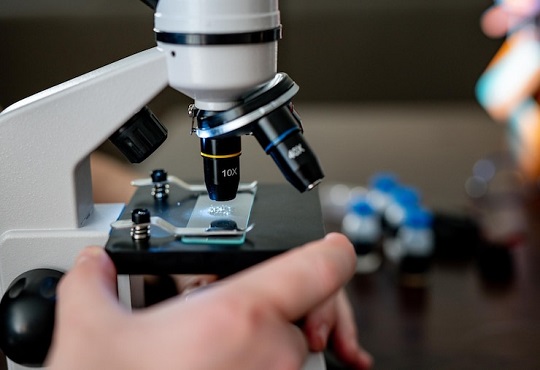IIT Bombay Unveils Indigenous Quantum Diamond Microscope

- IIT Bombay's Indige: Low-cost HPC with 1 petaflop, 40% less energy.
- Under ₹5 Cr vs ₹20-30 Cr global; open-source, ARM-based for AI/research.
- Aligns with NSM; saves ₹500 Cr/year imports; cloud access via Garuda.
IIT Bombay has introduced an internal, inexpensive, and high-performing computing (HPC) system called the 'Indige'. This system has been created to provide Indian researchers and institutions with low-cost access to advanced computational resources. Indige, a project from the Supercomputing Facility for Research and Education (SFFRE) at IIT Bombay, is a supercomputing platform powered by open-source software and district component which can pool supercomputing power up to 1/100 of the world per second. The demand for AI, simulations, and data analytics in academia as well as in industry is what mainly dictates the choice of the supercomputing platform for research and education at IIT Bombay.
An HPC system can be thought of as a computing cluster integrating processors based on ARM technology, the fast link, and the scalable storage which is able to perform one quadrillion floating-point operations per second. With a total cluster cost of less than ₹5 crore (full cluster) versus a ₹20-30 crore of equivalence), Indige climate models, drug discovery as well as materials science simulations can be supported thus cutting the need for supercomputers imported from other countries.
Also Read: IIT Delhi, Australian University Offer Joint PhD With Stipend
According to Professor Umesh Bellur, the Head of the SFFRE: "The Indige initiative is the next step towards world-class HPC making it readily available to every Indian university and startup." "We have reduced the cost to power ratio by implementing open standards and local innovation with almost zero compromise on power," he added. This project is congruent with the National Supercomputing Mission (NSM) which, since 2015, has led to the deployment of a total of 33 petaflops across 10 cities.
Initially, the device has been installed at IITs, IISc, and CSIR labs with the Garuda portal facility offering the option of access via the cloud. The Department of Science and Technology (DST) has financed the Indige Wheels-off operation which can result in a saving of ₹500 crore annually in imports and thereby facilitating the creation of a self-reliant ecosystem amid India’s $17 billion AI market growth by 2027.

.jpg)